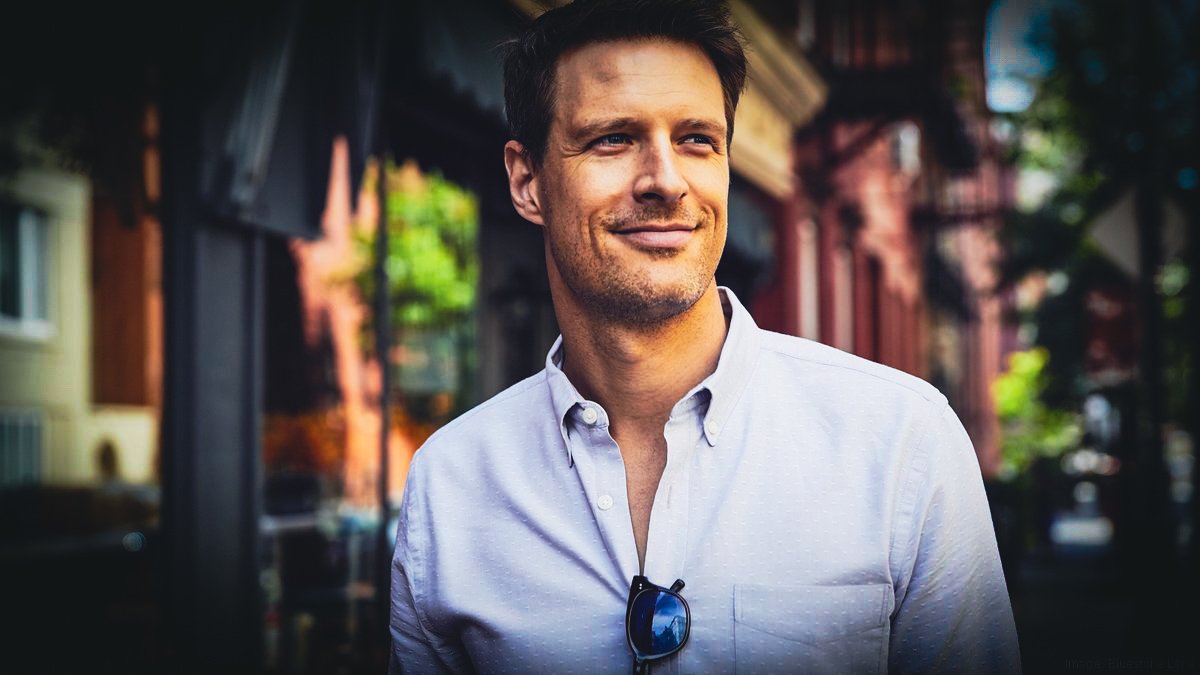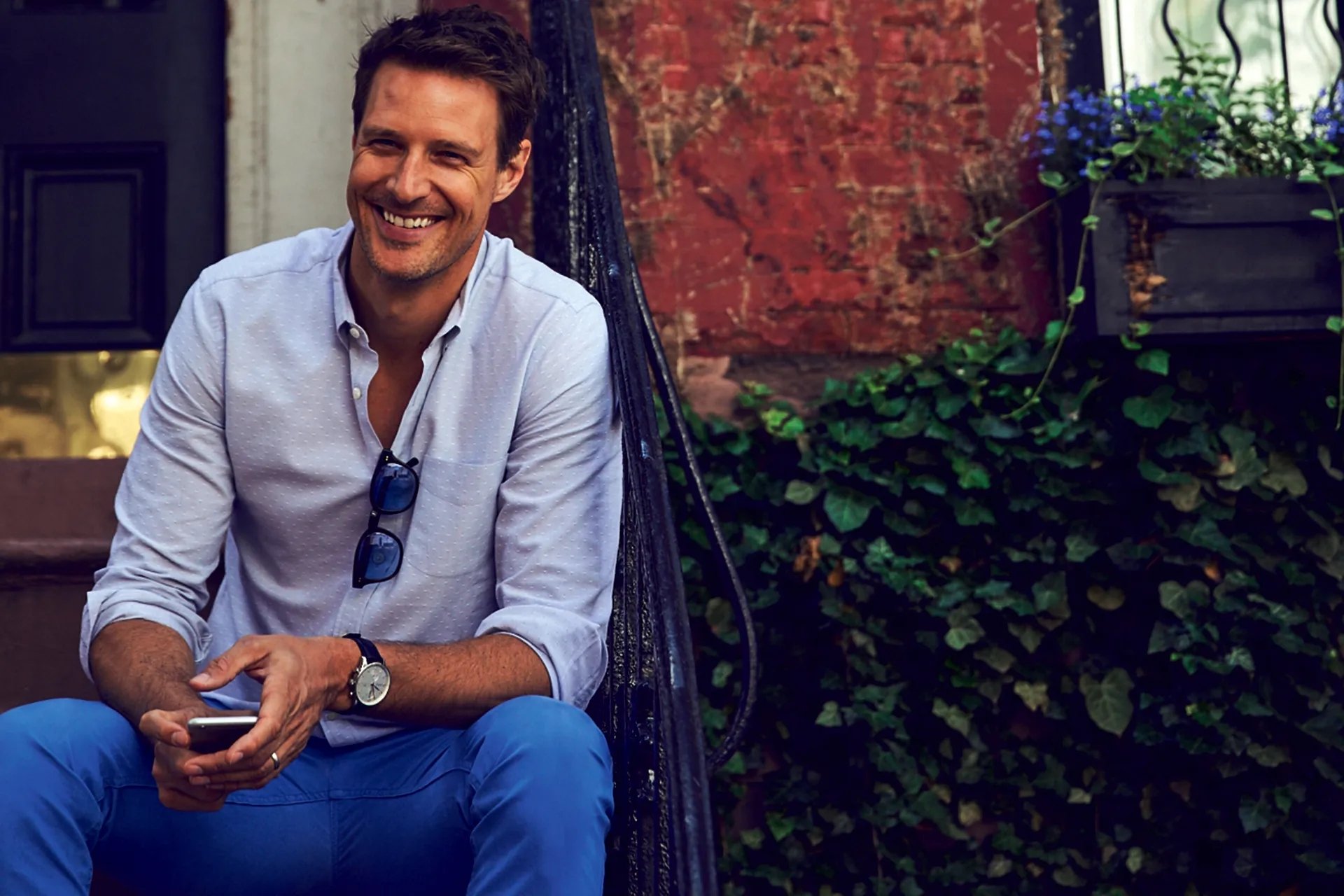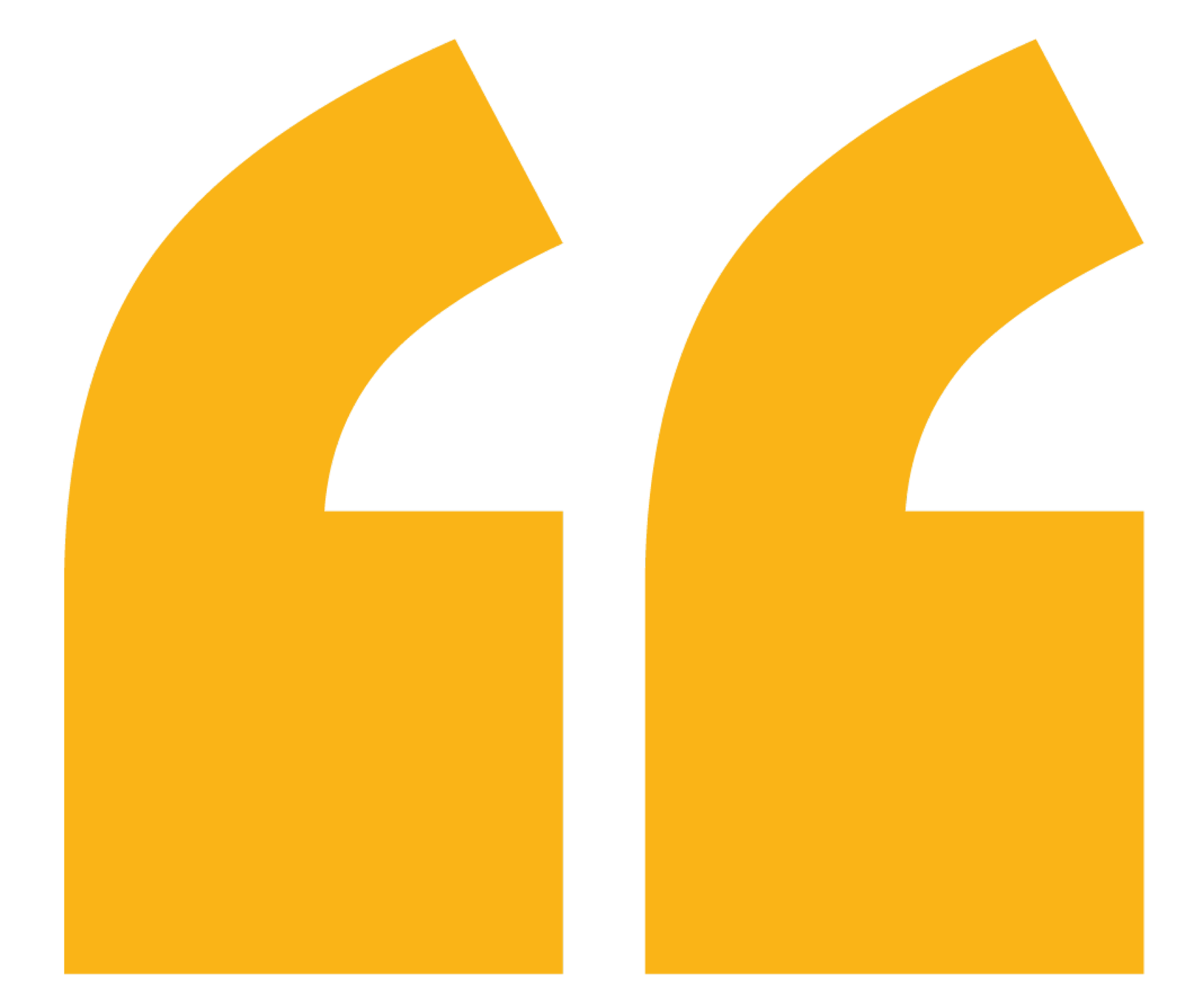
Episode #019
Nick stone
“Knowing self. Connecting others.”

Episode #019
Nick stone
“Knowing self. Connecting others.”
Listen and Subscribe
Knowing self. Connecting others.
"The essence of being as good as you can be is to figure out who you are." - Pete Carroll, Legendary NFL Coach
The game.
Rarely do you give it up. It is a decision made for you, seldom by you. The judgement of someone who holds this power over you, at least for that moment of your life.
Someone who gets to make a choice on what you do, but also, who you are.
Regardless of who you are, what you achieve, or the role you play, in the game of football, you understand this day will come.
For Nick Stone, it arrived on List Lodgement day – twenty games across three clubs in six years, culminating in a voicemail he initially refused to hear, arriving the same day he completed his Monash University degree. The world was giving him feedback, clear and unequivocal. Football was closing one door while education, completed whilst fighting hard to get a game, opened another, forcing a reckoning with who he was beyond the sport itself.
What separates Nick's story from so many others is what he did with this feedback. Instead of drowning in what might have been, he saw opportunity for what could be. The game had demanded everything while guaranteeing nothing – a lesson that would become the foundation for building Bluestone Lane into America's fastest-growing premium café brand.
"I had a two-year contract and then I had four one-year contracts. So I was playing for my career every year," Nick reflects on his time in the AFL, where he played 20 games across Collingwood, Hawthorn and St. Kilda. "I was a journeyman."
This constant state of uncertainty, out of the team more often than in the team, good effort and good form in the lower grades often recognised, but rarely rewarded. Yet, what emerged from this experience wasn't personal loss but an unexpected gift. As a young, tall, skinny player taken late in the draft, there were never outsized expectations placed on him by clubs or himself. What developed instead was something far more valuable: the ability to fully commit while maintaining perspective about what truly matters.
What strikes me is that Nick never allowed his identity to be consumed by football, even while giving it everything he had: "I basically had no off-season because I was never good enough to take four weeks off." This created a unique form of resilience – he could invest deeply in the present moment without being defined by outcomes that were often beyond his control.
As NFL coach Pete Carroll wisely observes, "It wouldn't matter if it was football or whatever; the essence of being as good as you can be is to figure out who you are." Nick's clarity about who he was beyond his sporting career allowed him to transition into banking and entrepreneurship with remarkable agility.
What also struck me throughout our conversation was Nick's generous openness to the exchange itself—not merely sharing his wonderful story but actively engaging with ideas as they formed. His willingness to receive feedback, to learn from every interaction, demonstrated that "figuring out who you are" isn't a destination but an ongoing process of growth. Nick wasn't just a guest with experiences to recount; he was a fellow traveller, offering parts of himself that were still taking shape, embracing the conversation as another arena for discovery.
In building Bluestone Lane, Nick continued to embrace seemingly opposing truths. He was data-driven while prioritising human connection. He maintained high standards while creating space for vulnerability. He provided clear direction while fostering autonomy.
This intuitive capacity to navigate seeming contradictions manifested powerfully during COVID-19, when Bluestone Lane lost 87% of its revenue in just two weeks. Nick had to balance brutal honesty about their situation with an unwavering belief in their collective ability to find a path forward.
As we explored leadership approaches, this idea of "unlocking versus extracting" potential emerged in our conversation. Extracting is the old-fashioned command-and-control approach, more about the leader's ego than effective leadership. It rarely works beyond the short term. Unlocking, by contrast, is about creating the conditions for people to discover capabilities they haven't yet seen in themselves, with feedback serving as the catalyst.
"The most important attribute of any high-performing team that I've observed or been part of has been trust," Nick says. "The greatest example of deep embedded trust is when you can provide feedback at the most transparent, real, raw level. It is the great liberator of performance."
The depth of Nick's journey reminds us that leadership transforms us in profound ways. In the quiet moments of reflection, what remains isn't just the tally of successes and setbacks, but the internal evolution that comes from navigating complexity with authenticity.
Nick's journey embodies what Pete Carroll describes as being "connected to that true essence of who you are." His ability to maintain authenticity while navigating vastly different arenas demonstrates that leadership isn't about having all the answers, but about remaining genuinely curious and comfortable with the questions.
Notebook ready.
Play on!
Cameron Schwab
Video Shorts - Some key lessons from the podcast
Leadership is the difference maker
To embrace the expectations of your role, welcome the responsibilities and pressures as a privilege, a right you have earned, and be energised by the opportunities they provide.







